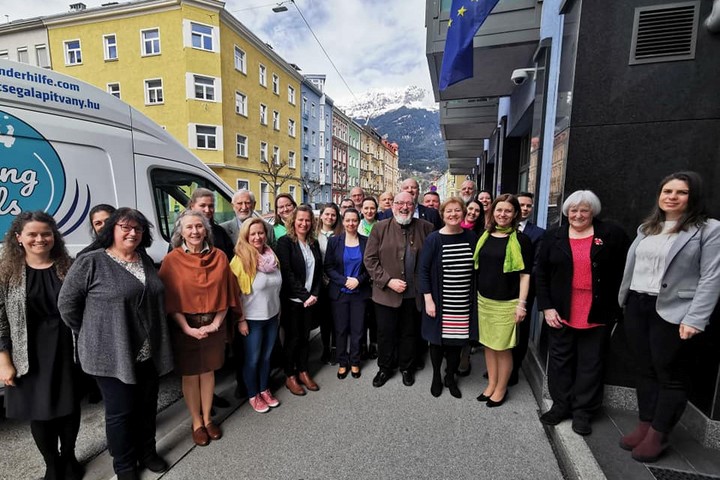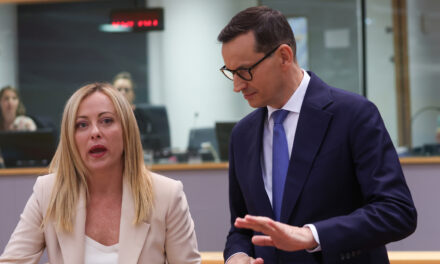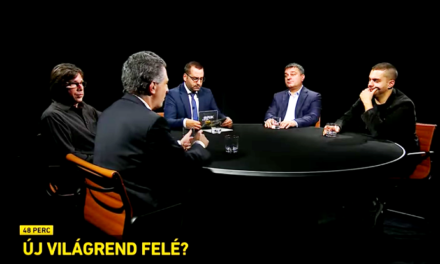On Saturday, a round-table discussion was organized in Innsbruck under the title of Diaspora for the Hungarian organizations of Western Austria, the main patron of which was Chief Advisor to the Prime Minister Katalin Szili.
Among the invited guests of the round table discussion between the Salzburg Hungarian Association (SalzUng) and the Consulate General of Hungary in Innsbruck were Erzsébet Wurst, from the Central Association of Hungarian Organizations in Austria, Christian J. Winder, Honorary Consul of Hungary in Innsbruck, Vincenz Nemes, former Honorary Consul of Hungary in Vorarlberg and Erika Kegyes, he is also a lecturer at the Linguistics Department of the University of Innsbruck - Chief Government Counselor Zsuzsanna Fekete informed MTI.
At the conference, Katalin Szili gave a lecture entitled National cohesion and the connections between national minority protection, in which she highlighted: "12 years of Hungarianness have shown that Hungary is a nation that acts, therefore we have strengthened the Hungarian institutional system abroad, we take care of our communities, we have preserved our homeland. Thanks to the simplified naturalization, nearly 1.2 million Hungarians living abroad received citizenship. In the past year, 318,083 Hungarians living abroad exercised their right to vote".
The prime minister's chief adviser also spoke about how, through the State Secretariat for National Policy, the government has supported the activities of more than 5,000 Hungarian organizations and institutions abroad since 2010, in addition to providing quality mother-tongue education for 300,000 children.
"Our strategic goal is to unify the nation, and this is also ensured by the fact that the State Secretariat for National Policy declared 2023 as the year of the caring nation.
The aim is still active cooperation, joint results, protecting the safety of families," he stated.
Katalin Szili explained to MTI about how Hungarian organizations abroad feel about the government's national policy:
"the national policy of the last more than 12 years is highly valued. They take advantage of the tender opportunities, and it is also thanks to this that the Hungarian language education of the associations and the cultural events that reach the families are extremely popular".
As he added: "Acquiring Hungarian citizenship was important and primary for them." The chief adviser to the Prime Minister also spoke about how he is proud that a generational change has taken place at these foreign organizations.
"A lot of young fathers and mothers lead these organizations, with a lot of inventions, and this cooperation, which was formed in the Hungarian diaspora policy and for the unification of the nation, is still important to them. They are very active, very grateful, very cooperative, and they are still ready to work," said Katalin Szili.
Source: MTI













